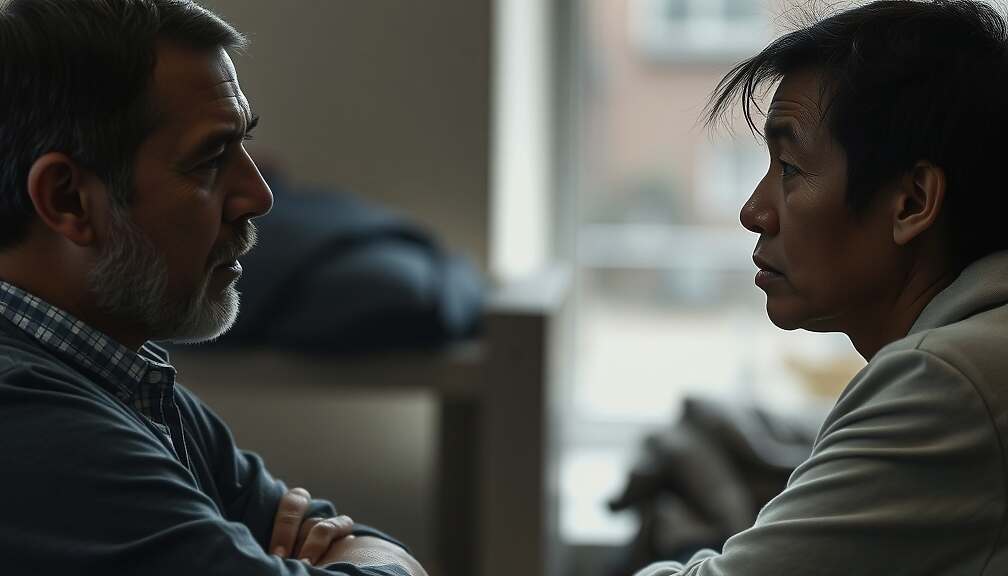Across Germany, counseling centers specializing in conscientious objection are experiencing a surge in inquiries, predominantly from parents deeply concerned about the potential reintroduction of mandatory military service or a new form of civilian service for their children. The Evangelische Arbeitsgemeinschaft für Kriegsdienstverweigerung und Frieden (EAK), a prominent advocacy group, reports a nationwide registration of several hundred inquiries annually, with a consistently increasing trend observed this year.
The EAK spokesperson, Dieter Junker, confirmed that the organization is now fielding requests not only from individuals who might be subject to military service themselves – encompassing young people, reservists and active soldiers – but, critically, an escalating number of parents and grandparents expressing anxieties about the long-term ramifications of potential conscription policies on their minor children. This represents a significant shift, indicating a broadening scope of concern beyond those directly facing service obligations.
The Deutscher Friedensgesellschaft – Vereinigte Kriegsdienstgegner (DFGVK), another influential pacifist organization, echoes this assessment. Michael Schulze von Glaßer, the group’s political director, stated they are being “overwhelmed” by the volume of inquiries. Website traffic has spiked dramatically, surpassing 125,000 visits in September, a considerable increase from 55,000 in August and 24,151 in May. Remarkably, parents now constitute a quarter of these visitors – a proportion that is steadily growing. This rise in parental concern raises questions about the government’s communication strategy surrounding potential conscription reforms and whether reassuring narratives are failing to reach those most directly impacted.
The influx of inquiries and the demonstrable increase in parental engagement suggest a deeper societal unease surrounding the prospect of mandatory service, requiring policymakers to carefully consider the legal, ethical and familial implications of any revised policies. The rise in DFGVK membership further signals a renewed commitment to conscientious objection and a potential challenge to the legitimacy of any future conscription plans.












